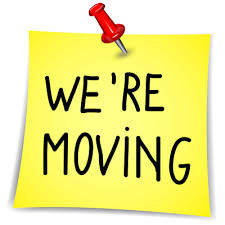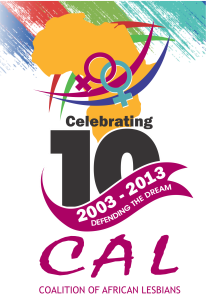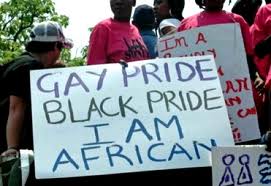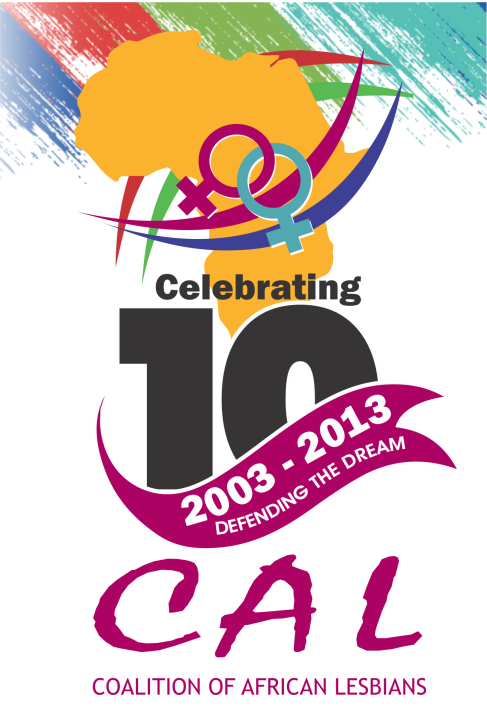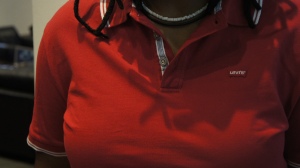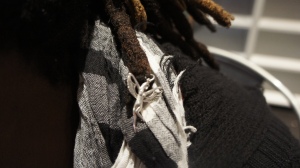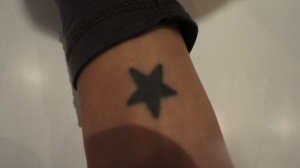
59th Session of the African Commission on Human and People’s Rights (22th October-30th October) Banjul, the Gambia
By Marie MC
Between the 24th and 30th October, I had the opportunity to travel to the Gambia, in Banjul. Notwithstanding how beautiful the country and its people are, I was not there for tourism but to attend the 59th Ordinary Session of the African Commission on Human and People’s Rights (ACHPR) .
First question that probably comes up is what is the ACHPR?
The African Charter established the African Commission on Human and Peoples’ Rights. The Commission was inaugurated on 2 November 1987 in Addis Ababa, Ethiopia. The Commission’s Secretariat has subsequently been located in Banjul, The Gambia.
It is Article 45 of the Charter which sets out the mandate of the Commission:
- Promotion of human and peoples’ rights
The Commission carries out sensitisation, public mobilisation and information dissemination through seminars, symposia, conferences and missions.
- Protection of human and peoples’ rights
The Commission ensures protection of human and peoples’ rights through its communication procedure, friendly settlement of disputes, state reporting (including consideration of NGOs’ shadow reports), urgent appeals and other activities of special rapporteurs and working groups and missions.
- Interpretation of the Charter
The Commission is mandated to interpret the provisions of the Charter upon a request by a state party, organs of the AU or individuals. No organ of the AU has referred any case of interpretation of the Charter to the Commission. However, a handful of NGOs have approached the Commission for interpretation of the various articles of the Charter. The Commission has also adopted many resolutions expounding upon the provisions of the Charter.
In other words the ACHPR is here to make sure that human rights are known, protected and applied in all the African States by setting guidelines, recommendations and opening discussions with States and all parties involved in the safeguarding of human rights.
As a Transgender feminist activist working mostly with youth, LGBTQI and marginalised groups, I wasn’t sure what to expect and how to fit in this brand new environment.
Despite these apprehensions, my time at this 59th Session was actually one of the best experiences I had so far.
The week long activities touch almost every issue that we can think is of relevance for the continent and the welfare of its inhabitants. From the Rights of indigenous people and communities in Africa, to the Rights of Older Persons and People with Disabilities, o Refugees, Asylum Seekers, Migrants and Internally Displaced Persons, to the Prevention of Torture in Africa; on Prisons, Conditions of Detention and Policing in Africa to Economic, Social and Cultural Rights; on Extractive Industries, Environment and Human Rights Violations to Death Penalty and Extra-Judicial, Summary or Arbitrary killings in Africa; on the Protection of the Rights of People Living With HIV (PLHIV) and Those at Risk, Vulnerable to and Affected by HIV to Women’s Rights and Human Rights Defenders… and the list goes on.
As feminists working in our countries we often forget to expand our areas of knowledge and to diversify our fights. We tend to forget that there is far too often a correlation between the work we are doing and the impact it has on other rights violations, and the impact it has on people’s lives. Especially when talking about women, there is an intersectionality of work/cause/oppressions that come out so obviously when listening to working groups reports and the work Special Rapporteurs are doing. In my opinion this was the best part of it as it allows one to generate brand new ideas, questions, to spot new areas of research and of potential involvement.
All these new concepts, statistics or reports can seem too hard to handle, absorb and learn. One can even feel overwhelmed but that is before realising that just like me, there are many activists representing NGOs or national human rights institutions who are specialised in each of these groups and can actually learn from you as much as you learn from them.
The ACHPR is a fantastic platform for networking with not only NGOs on your particular point of interest but mostly to really get involved by adding your touch to researches that seemed out of scope when actually it is linked to your fights.
Thus as an activist doing LGBTQI work, I was able to reach out to Under The Same Sun, a Kenyan NGO working towards the end of discrimination and the protection of albino rights. Has anybody thought of doing research on the impact of homophobia on already stigmatized and discriminated populations in Africa? When it comes to indigenous people and communities, can’t we work together to define, document and work on sexual and reproductive health? This is without mentioning the necessity to work with them in order to debunk the myth of the Western and imported “gay agenda”.
Access to education and the impact of gender-based violence also have various responses across the continent, therefore learning from others helps our work get recommendations, follow guidelines and consolidate the fight for Human Rights across-countries.
We sometimes tend to think that our work doesn’t have the impact it should have, through the ACHPR and its commissioners, research, points of concern and evolutions (evaluations?) can be submitted and observed at a higher level. It is important for us activists, who are sometimes independent and working on our own funds to be able to share and propagate our findings or possible alarm signals. The special Rapporteurs are experts who take time to travel to countries where violations are reported and need our reports in order to compare what one state says and match these reports with what the reality on the ground is. Various mechanisms are in place and are be used as they are a real opportunity to consolidate and make our work known and actually render it effective.
Every two years countries have to submit a report on the state of human rights, the improvement and the needs of their population’s well-being. The ACHPR offers the possibility for NGOs to submit a shadow report too and sadly there are not enough of them being submitted. It is easy for countries to boast about their progressive views and the government’s ongoing efforts to secure rights for everyone. However as we know, governments try somehow to make things get better but there is a real disconnection between the needs on the ground, the access to resources and the numbers they release. Mostly activists are aware of this gap and thus have an obligation to try and gather as much statistics, cases, testimonies and document them not only for the immediate stakeholders but as I know now, to support and improve our governments engagements when possible and to make sure they are accountable when reaching out to the ACHPR.
As I am writing this article, my head is still somehow in Banjul, between missing the place and dreaming of a revolution. We tend to look to the West for their respect of Human Rights yet, the NO DAPL protesters are being attacked, the UN decided to pick Wonder Woman as an ambassador, Black Live Matters activists are being monitored. The continent has is Commission too and can show support as much as innovation and progress. It all rests on us activists to engage fully and challenge the status quo by using it to our advantage and really be the ears and voices of the people.
